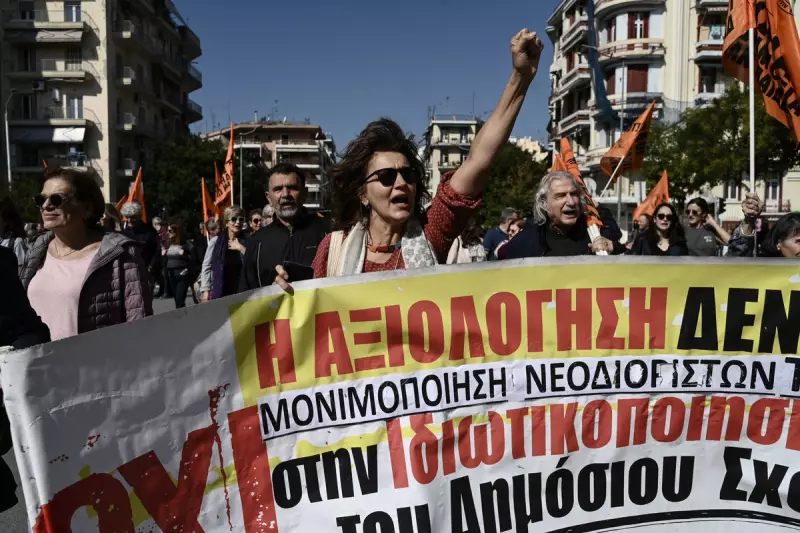
Greece is experiencing widespread disruption today as workers across multiple vital sectors participate in a 24-hour general strike, bringing much of the country to a standstill in protest against controversial new labour legislation.
What's Sparking the Protests?
The centre-right government's new employment law has ignited fury among trade unions and workers' groups, who argue the reforms significantly erode hard-won worker protections. The legislation introduces several contentious changes that critics claim will undermine workers' rights and job security.
Key points of contention include:
- Extended probation periods for new employees
- Reduced overtime pay rates
- More flexible working hour arrangements
- Changes to collective bargaining rights
Transport Chaos and Service Disruption
The strike has severely impacted transportation networks nationwide. Public transport services are operating on limited schedules, while ferry services connecting Greece's numerous islands have been completely suspended. Air travel is also experiencing significant disruption, with numerous flight cancellations and delays reported at major airports.
"We cannot stand by while our rights are systematically dismantled," stated a union representative from the public transport sector. "This legislation takes us backwards, not forwards."
Government vs Unions: A Clash of Perspectives
The government maintains that the reforms are essential for modernising Greece's labour market and boosting economic competitiveness. Officials argue that the changes will create a more flexible employment environment that attracts investment and creates jobs.
However, trade unions vehemently disagree, asserting that the legislation prioritises business interests over worker welfare and represents a significant rollback of employment protections.
Public Response and Wider Implications
Rallies and demonstrations are taking place in major cities across Greece, with the largest gatherings expected in Athens and Thessaloniki. The protests represent one of the most significant challenges to the government's economic policy agenda since it came to power.
The outcome of this confrontation could have far-reaching implications for industrial relations in Greece and potentially influence labour policy debates across Europe as countries grapple with post-pandemic economic recovery.





